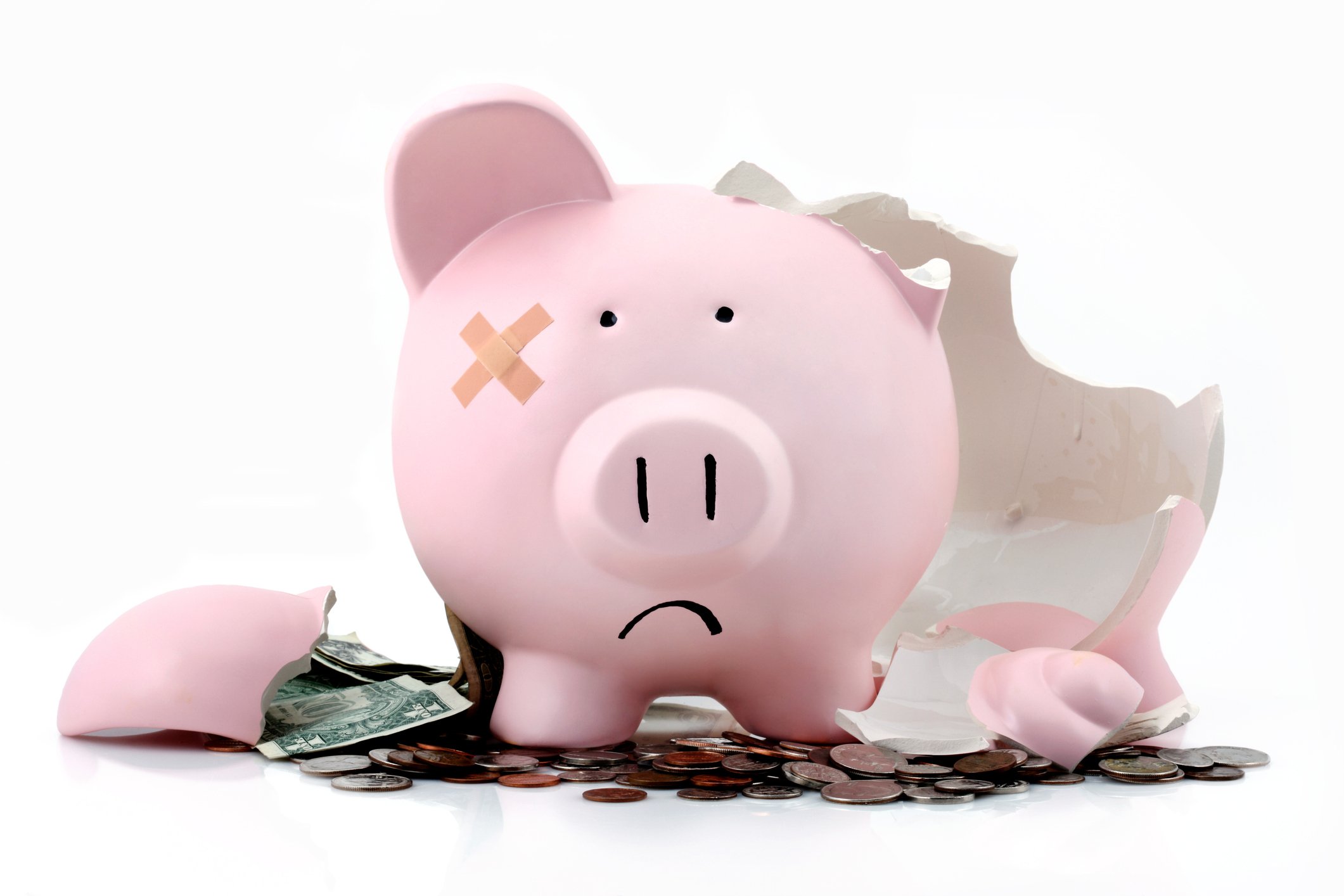The past couple of years haven't been easy ones to be a Pfizer (PFE +0.67%) shareholder. The windfall profits its COVID-19 products produced in the early days of the pandemic evaporated much faster than expected.
Disappointed investors have pushed Pfizer's stock price down by more than half from its peak in late 2021. Perhaps sensing a bargain, billionaire fund managers climbed over each other this year to scoop up shares of the pharmaceutical industry giant.

NYSE: PFE
Key Data Points
In the first quarter, Steve Cohen and Point72 Asset Management initiated a new Pfizer position with nearly 1 million shares. Jeff Yass at Susquehanna acquired about 1.5 million shares for a new position.
Some billionaires placed even larger bets on Pfizer than Yass and Cohen. John Overdeck and Jason Siegel of Two Sigma acquired a whopping 18.9 million shares of the pharma stock in the first quarter.
Why billionaires are buying Pfizer
Pfizer's COVID-19 products generated enormous cash flows that the company has reinvested in potential new blockbusters that could drive total sales to new heights. Its biggest investment was the $43 billion acquisition of Seagen, a cancer drug developer that had four approved medicines when Pfizer completed the transaction late last year.
Since acquiring Seagen one of those new drugs, Padcev has earned an important label expansion from the Food and Drug Administration (FDA). Now it's approved to treat newly diagnosed patients with advanced-stage bladder cancer.
New cancer patients tend to stay on therapy much longer than folks who've already relapsed. Analysts who follow the industry expect the first-line indication for Padcev to generate an additional $2.5 billion in annual sales.
Of course, Padcev isn't the only new cancer drug that could drive significant sales growth for Pfizer. Lorbrena is a lung cancer therapy approved for newly diagnosed patients who have a specific genetic mutation. First-quarter sales soared 46% year over year. At an annualized $656 million, though, this drug has plenty of room to run higher.
Long-term investors who buy Pfizer now could be greatly rewarded for their patience. In 2023, the company reported a record nine FDA approvals of new drugs it was developing. They can't all be zingers, but there are bound to be at least a couple of blockbusters in the bunch.
A buy for risk-averse investors
Pfizer offers a 5.9% dividend yield at recent prices. It's been able to raise its dividend payout every year since 2009, and steady raises in the years ahead probably won't be a problem. Management expects adjusted earnings to land in a range between $2.15 and $2.35 per share this year. That's enough to support a dividend currently set at an annualized $1.68 per share and raise it further.
Investors can look forward to significant profit growth in the year ahead, too. Acquiring Seagen added a lot of overlapping job roles earlier this year. By rightsizing its operation, Pfizer thinks it can reduce annual expenses by at least $4 billion before the year is finished.
It doesn't look like it on the surface, but Pfizer is growing sales at an impressive pace for a well-established pharmaceutical giant. If we ignore sinking sales of COVID-19 products and the negative effects of a stronger dollar, first-quarter sales rose 11% year over year.
There are no guarantees that Pfizer can continue raising total sales by double-digit percentages. Luckily for interested investors, it doesn't need to grow that fast to provide market-beating gains from recent prices. Pfizer shares have been trading for a low multiple of about 12.2 times forward-looking earnings expectations. Adding some shares to a diversified portfolio now looks like a great idea for most investors.





